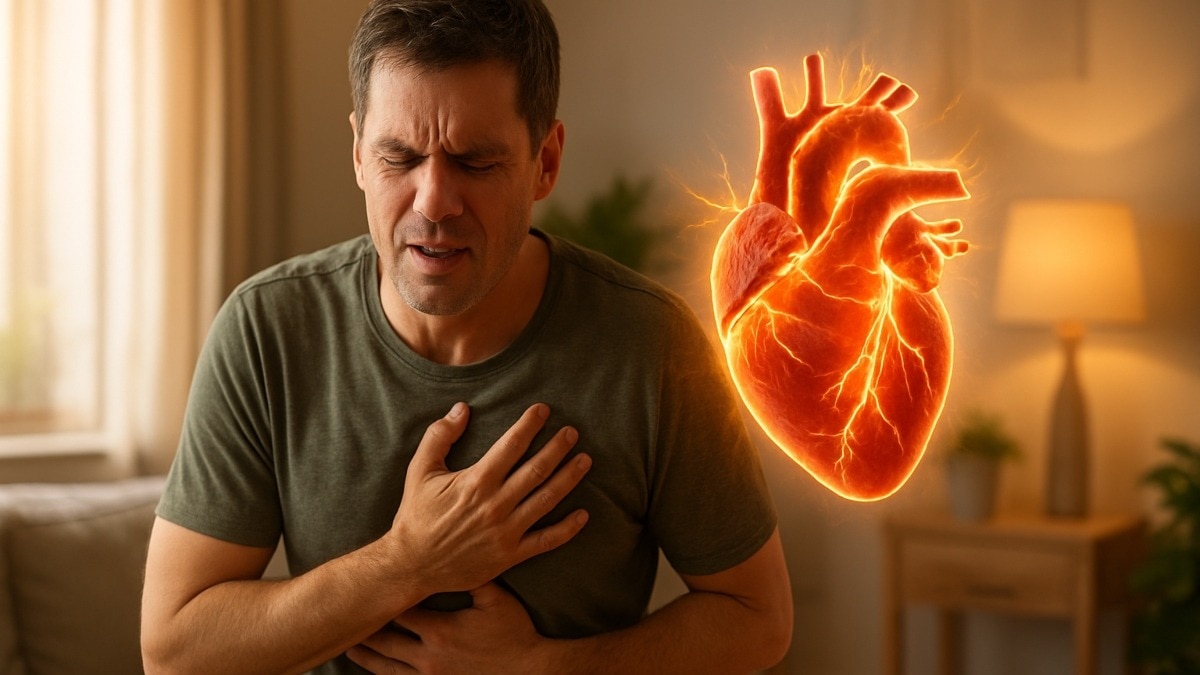Heart is one of the most important organs of our body. If your heart stops you can lose your life in seconds. It works continuously, pumping blood and delivering oxygen and essential nutrients to every part of the body. In such a situation, it is very important to keep the heart healthy and take care of it.
Whenever it comes to improving heart health or taking care of it, people often think that an expert is needed for this. It is believed that it is always necessary to visit a doctor for heart checkup. but it’s not like that. Don’t be surprised because this is absolutely true. You can easily take care of heart health and take care of it at home also. With this, any heart problem can be detected quickly and by taking appropriate steps in time, the risk of heart attack can be reduced. Now the question is, how to check the heart at home? So today we are telling you three easy ways, by which you can find out the condition of your heart at home and keep it strong.
1. Measure Heart Beat: You should measure your heartbeat frequently. Heart beat (pulse) tells how many times your heart beats in a minute. Normally in resting state your heart beats 60 to 100 times in a minute. Sometimes, a slow heartbeat is also a sign of your good health.
Method of measuring heart rate:
1. Place your index and middle fingers on the inside of your wrist, just below the thumb.
2. Using a stopwatch or watch, count the heartbeats for 10 seconds.
3. Multiply the counted number by 6 to know how many times your heart beats in a minute.
If your heartbeat is more than 100 bpm or less than 60 bpm, it may be a sign of stress or some heart-related problem. By regularly measuring your pulse you can note changes in your heart over time.
2. Stair Test: Doing the stairs test is an easy way to see how well your heart and lungs are working during exercise.
How to test?
Climb about four floors of stairs or 60 stairs at normal speed. Pay attention to your speed and breathing.
Normal condition: It is believed that a normal person should climb the stairs in less than 90 seconds without feeling dizzy or short of breath.
Warning Sign: If it takes longer, you have chest pain, dizziness or difficulty breathing, consult a doctor. By doing this test regularly, heart problems can be detected early.
3. Use apps and devices to take care of your heart: With the help of technology, it has become easier to keep an eye on heart health. Sensors installed in smartphones and smartwatches can measure heartbeat. Some advanced devices can also detect irregular/irregular heartbeats (such as atrial fibrillation), which can increase the risk of stroke.
How to use?
Keep records of blood pressure, weight, exercise and medicines in the app. Share your data with your doctor so they can better understand your heart condition.
Always keep in mind that these devices are only for monitoring purposes. This is not a substitute for doctor’s testing. If you notice something wrong with your readings or experience any symptoms, consult a doctor immediately.
—- End —-
